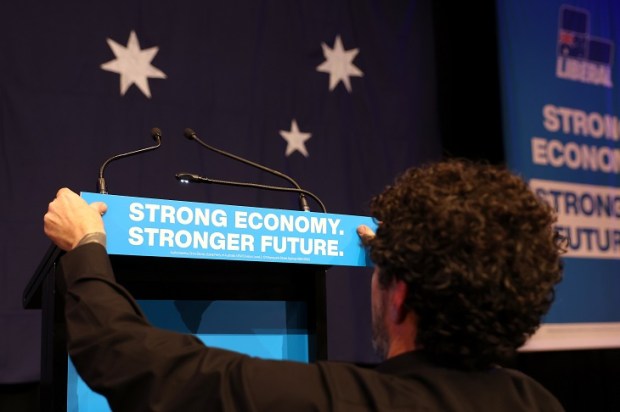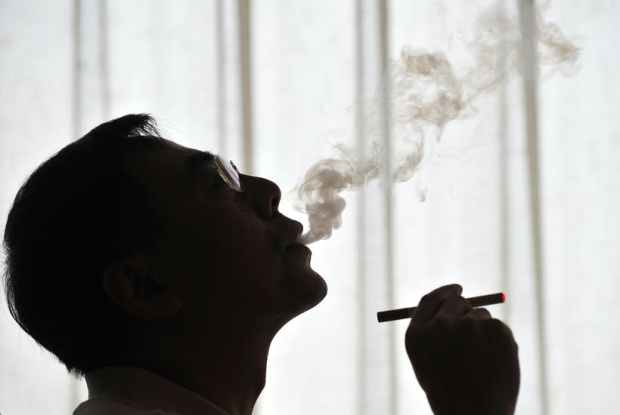Australian authorities attempting to curb the tobacco smuggling trade, have imposed an ill-advised and little publicised ban on all tobacco imports through the mail stream. The ban takes effect from 1 July onwards, but is highly unlikely to hurt those it purports to target and signals further nanny state crackdown on the personal choice and liberties of Australian adults.
Under the current rules, sniffer dogs and security officers are already employed to detect the activity of illegal tobacco smugglers attempting to hide tobacco in other products not subject to the same levels of tax- such as stuffed toys and the lining or frame of consumer goods like fridge, for example.
Australians who legally import tobacco for personal use must pay the required taxes and duties to obtain their products.
Banning imports outright then, means a loss of revenue for the government. Inevitably, this is likely to translate into slightly higher taxes on the rest of us to fund waste and largesse by the denizens of the Canberra swamp.
Banning tobacco imports through the mail stream is also unlikely to affect or change the behavior of habitual smokers suffering from addiction who can simply obtain tobacco legally from their local convenience store- as most of them do.
Rather, it will impact cigar aficionados and others who are not necessarily habitual smokers, all in the name of stopping a smuggling trade which this ban is not necessary to stop.
Cigars, unlike conventional cigarettes, are a luxury good and an indulgence. The stereotype of the helpless, addicted smoker is out of touch with the reality of cigar smokers who almost universally save cigars for ‘special moments’ such as celebrations.
Very few people would, or even could, smoke a cigar a day. Indeed, there is certainly no major crisis of public health in Australia that is focused on cigars or justifies the kinds of extreme measures more readily apply to cheaper, more ‘pedestrian’ products like cigarettes.
The cigar business in Australia has already been damaged by the application of plain packaging laws since 2012.
While this may be a cause for celebration for those opposing the tobacco trade entirely, the laws and further restrictions which followed had the perverse result of placing Australian online retailers at a livelihood-destroying disadvantage against their foreign counterparts by preventing Australian online stores from displaying any information about their cigars beyond name, price and nation of origin.
But that’s just the tip of the iceberg. Plain packaging, which was actually followed by a slight uptake in cigarette smoking, resulted in brand-based competition between cigarettes being replaced with price-based competition. As a result, the market share of cheaper, down-market products increased.
Worryingly, it also played into the hands of illegal tobacco syndicates since legal products became harder to distinguish from their contraband counterparts. The growing tobacco black market is now a known funder of terrorism and human trafficking. And this import ban is unlikely to address it.
When it comes to tobacco control in Australia, the two running trends are abject failure, and the proliferation of social control.
Despite one of the world’s highest rates of tobacco excise and draconian rules like plain packaging and prohibitions on enjoying food in the smoking section of a restaurant or bar, our quit rates have gone stagnant since 2013.
By contrast, countries which have embraced consumer-choice and harm reduction-focused strategies such as facilitating access to alternative nicotine delivery products like vapes, have seen freefalling smoking rates.
Public Health England (PHE), for example, recognises nicotine vaping as at least 95 percent less harmful than smoking. PHE also recommend that smokers struggling to quit switch to these products as a means of quitting and improving their health.
Smokers, after all, smoke for the nicotine but die from the tar, toxins and carcinogens that come with tobacco combustion: all of which are absent in vapes.
These are the international best practice public health strategies which Australian policy makers must embrace if they want to stop being complicit in the premature tobacco-related deaths of over 19,000 of us a year. Yet the ban on obtaining nicotine by any means besides a cancerous tobacco product, or a patch or gum, remains stubbornly in place.
Unfortunately, as history shows, our taxpayer-funded public health bureaucrats are likely to keep their heads buried in the sand whilst doubling down on increasingly strict, punitive approaches that are doomed to fail. Banning mail-order tobacco imports is just the latest in a long list of these.
Satya Marar is the Director of Policy at the Australian Taxpayers’ Alliance.
Got something to add? Join the discussion and comment below.
Got something to add? Join the discussion and comment below.
Get 10 issues for just $10
Subscribe to The Spectator Australia today for the next 10 magazine issues, plus full online access, for just $10.


























Comments
Don't miss out
Join the conversation with other Spectator Australia readers. Subscribe to leave a comment.
SUBSCRIBEAlready a subscriber? Log in